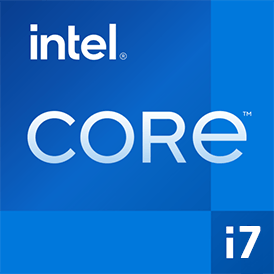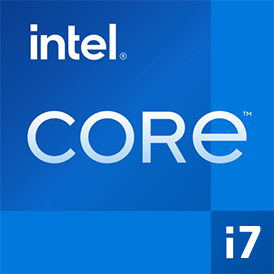
What's the best choice Intel Core i7-6820HQ or Intel Core i7-4810MQ? Which processor is faster?
We have prepared a comparison to help you choose the best processor. Compare their specifications and benchmarks.
Intel Core i7-6820HQ has a maximum frequency of 2.70 GHz. 4 Cores. Power consumption of 45 W. Released in Q3/2015.
Intel Core i7-4810MQ has a maximum frequency of 2.80 GHz. 4 Cores. Power consumption of 47 W. Released in Q4/2013.
 Reasons to consider
Reasons to consider Place in the overall ranking
(based on several benchmarks)
Performance per watt
times less performance per watt
Common positions Intel Core i7-6820HQ CPU in popular benchmarks, for comparison with other models.
 Reasons to consider
Reasons to consider Place in the overall ranking
(based on several benchmarks)
Higher clock speed
Around 4% better clock speed
Higher turbo clock speed
Around 5 % better overclocked clock speed
Common positions Intel Core i7-4810MQ CPU in popular benchmarks, for comparison with other models.
 Intel Core i7-6820HQ
Intel Core i7-6820HQ

Background information about the processors being compared, series, generation and market segment.
Basic parameters such as number of cores, number of threads, base and turbo frequency, and cache size. These parameters indirectly tell about the speed of the processor, the higher they are the better.
Internal Graphics does not affect the performance of the CPU, performs the work of the graphics card in its absence or on mobile devices.
Built-in codecs used to encode and decode content. Significantly speeds up the required operations.
Types, channel quantity of RAM supported by Intel Core i7-4810MQ and Intel Core i7-6820HQ. Depending on the motherboards, higher or lower memory frequencies may be supported.
Compare the TDP requirements of TDP Intel Core i7-6820HQ and Intel Core i7-4810MQ to select a cooling system. Note, the TDP value refers to thermal watts, not electrical watts.
Architecture, interfaces, additional instructions supported by Intel Core i7-6820HQ and Intel Core i7-6820HQ, virtual machine technologies and process technology.
Based on the results of several benchmarks, you can more accurately estimate the difference in performance between Intel Core i7-6820HQ and Intel Core i7-4810MQ.
Compare the synthetic test values and choose the best processor!